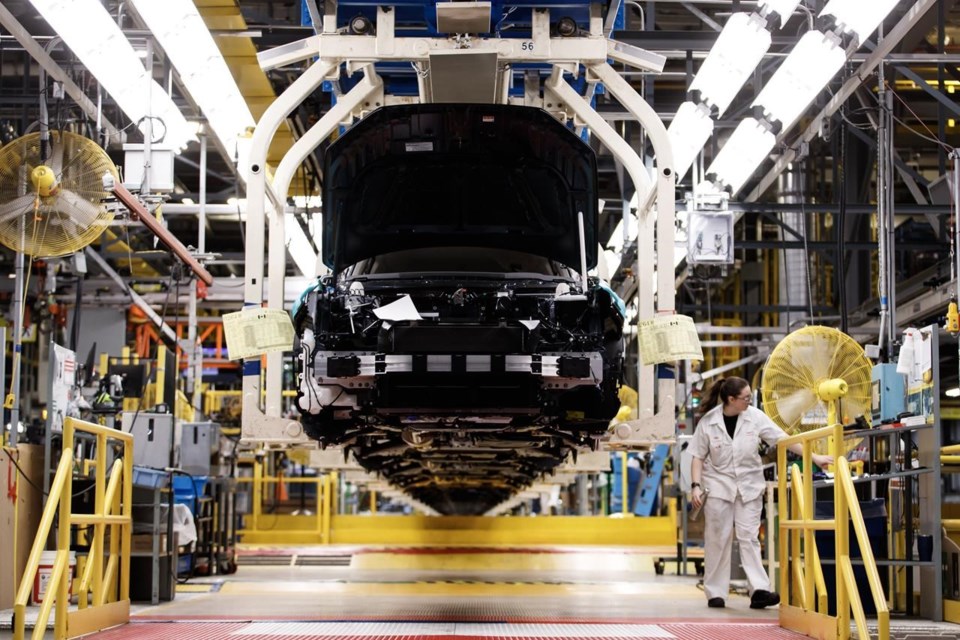MONTREAL — A shortage of skilled workers and funding is hurting manufacturers' ability to take up new technology, according to a new survey.
In a poll by the Canadian Manufacturers and Exporters, 40 per cent of respondents have yet to start or are just beginning a digital transformation.
One third of those surveyed pointed to a dearth of skilled workers as a key hurdle to adopting fresh tech.
Dennis Darby, who heads the trade organization, says small businesses need help through tax credits that lower investment risks and offset the cost of employee training.
“We need more targeted government support for these companies to help accelerate technology adoption in our manufacturing sector or risk our economic competitiveness and standard of living,” Darby said in a release.
The industry group is calling for a 10 per cent federal investment tax credit matched by all provinces — it's already available in Atlantic Canada and the Gaspé Peninsula — as well as more vocational training streams in high schools.
In its spring budget the federal government zeroed in on green technology, rolling out a clean tech manufacturing investment tax credit pegged at $4.5 billion over five years.
The Liberals also unveiled plans in November to ramp up immigration, aiming for 500,000 new Canadians annually by 2025 — the majority of whom would be skilled workers.
The current worker shortage helps account for why one quarter of respondents have yet to adopt any of the nine “software solutions” — relating to warehouse management and equipment effectiveness, for example — identified in the survey. Another 10 per cent have shunned "advanced technologies" such as cybersecurity and cloud computing.
The issue is particularly acute among smaller outfits — a “major problem,” since some 93 per cent of the country’s 52,000 manufacturers employ fewer than 100 workers, says Alan Arcand, the trade group's chief economist.
“Their tendency to be slow to adopt technology affects the wider industry as well because many small companies supply products and services to larger corporations,” he wrote in a report accompanying the survey.
That slow pace of adoption has prompted “sluggish labour productivity,” he added.
Canada has ranked near the bottom of advanced economies for non-residential capital investment growth in recent years, according to the Organization for Economic Co-operation and Development.
Data from that group of 31 mostly rich countries reveals that between 2016 and 2020, Canada recorded the second weakest business investment performance, with non-residential investment falling at an average rate of 1.8 per cent — though the collapse of energy investment in that time may be the main culprit, Arcand noted.
“While labour shortages usually push companies to invest in automation technologies, skills shortages often work in the other direction by discouraging manufacturers from taking this critical step,” he wrote. That’s because the skill sets needed to handle more sophisticated production processes and complex manufacturing technology continue to change at a dizzying pace.
“Not only do new entrants need up-to-date specialized training, but also the ability to adapt and evolve in time with future technological advancements. But without educational reform and increased government support for employer-led training, skills gaps will remain high and thus will reduce the propensity to invest,” Arcand said.
Conducted this month, the Canadian Manufacturers and Exporters survey is based on responses from 279 manufacturers across the country.
This report by The Canadian Press was first published May 30, 2023.
Christopher Reynolds, The Canadian Press



